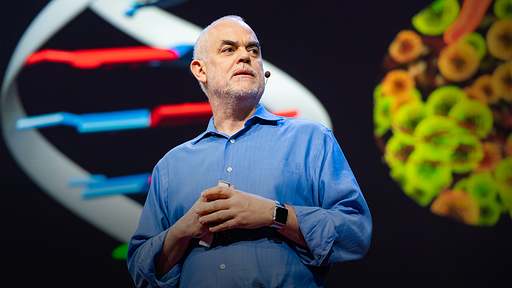
Floyd E. Romesberg
Why you should listen
Floyd E. Romesberg is the director of a talented team of researchers at The Scripps Research Institute who are working to understand how evolution tailors protein function, to develop novel antibiotics and aptamers and to expand on the potential of evolution through the expansion of the genetic alphabet. A chemist by training, Romesberg works beyond the traditional divides between scientific disciplines.
Since the last common ancestor of all life on earth, biological information has been stored in a four-letter alphabet consisting of G, A, T and C. In 1998, Romesberg wondered: Is DNA limited to four letters? The answer is a resounding "No!" Romesberg and his research group have designed, tested and optimized hundreds of unnatural DNA letters, and they have achieved impressive milestones including replication and amplification of six-letter DNA in a test tube; the use of six-letter DNA to produce novel materials; and most recently the creation of semi-synthetic life that stores and retrieves the increased information. The advances led to Romesberg founding Synthorx, Inc., a biotechnology company that uses the expanded genetic alphabet to develop novel protein therapeutics.
